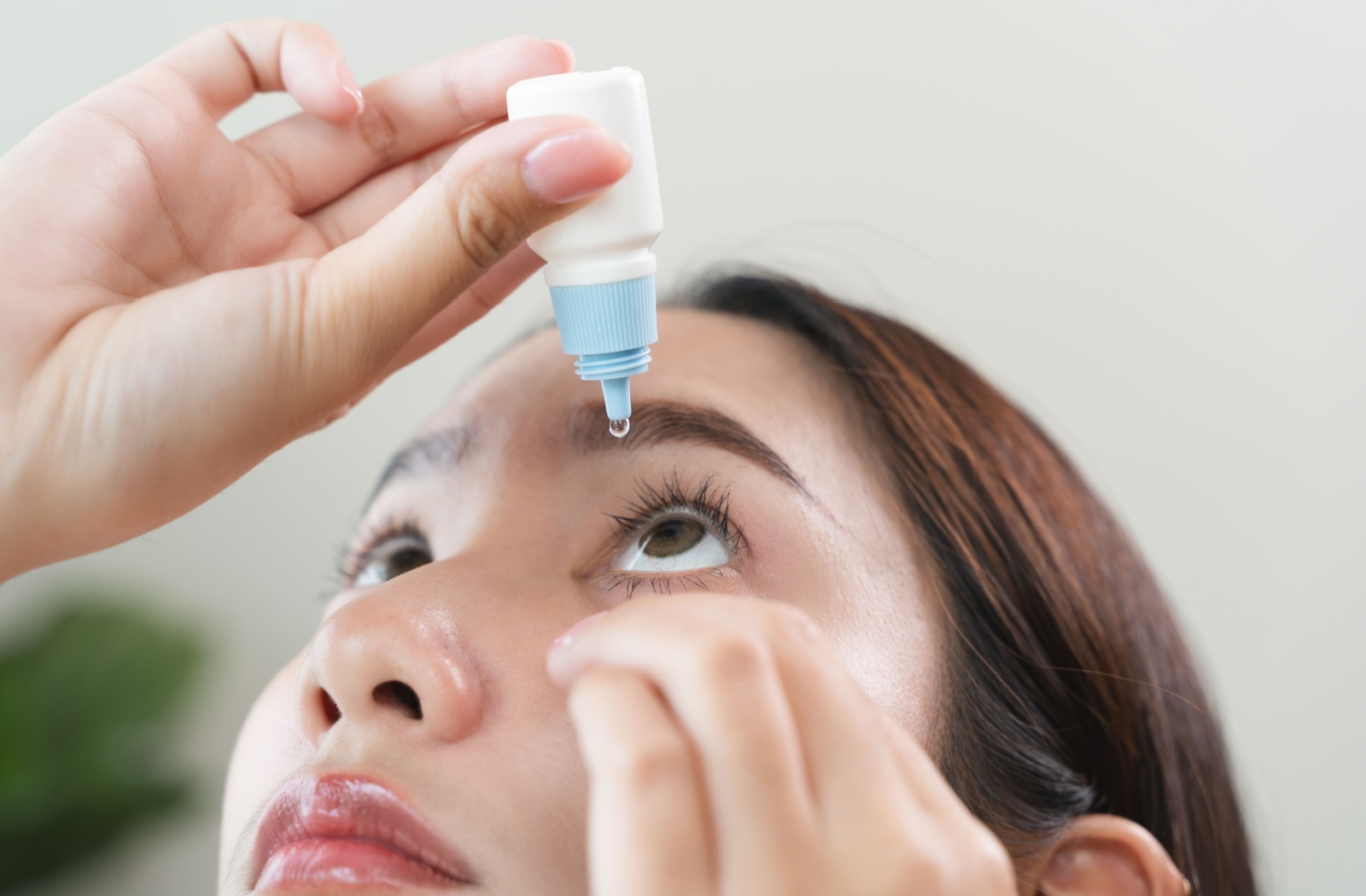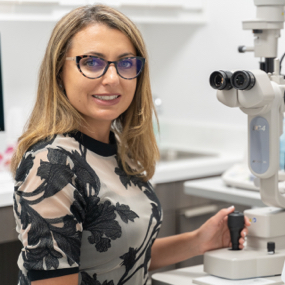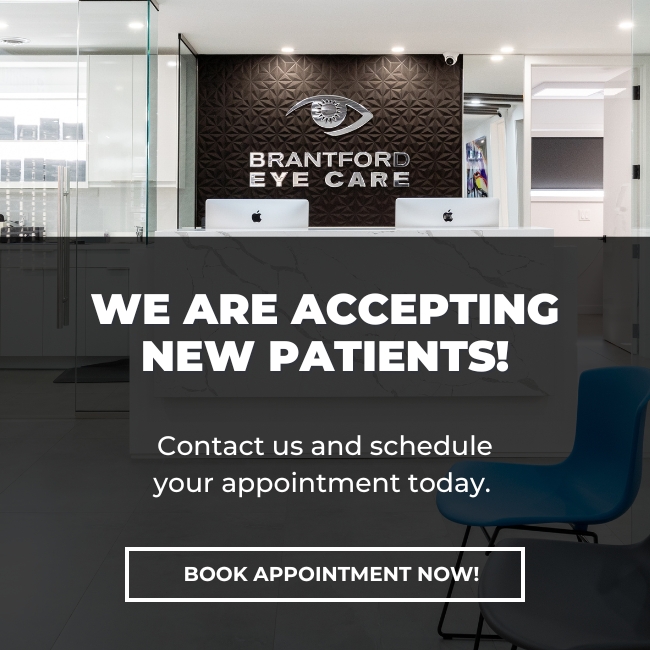Dry eyes and headaches are both common complaints, but can dry eyes actually lead to headaches? It’s a question that eye care seekers and eye enthusiasts often ponder. Let’s explore the connection between these two conditions and what you can do about them.
Understanding Dry Eyes
Dry eyes occur when your eyes don’t produce enough tears or when the tears evaporate too quickly. This can lead to discomfort, itching, redness, and even blurred vision, affecting your daily activities. Factors that contribute to dry eyes include prolonged screen time, which can reduce the blink rate and lead to tear evaporation, the use of contact lenses, which might interfere with the natural moisture of the eyes, and environmental factors like wind, smoke, or dry air, which can exacerbate the condition.
Additionally, age-related changes, certain medications, and underlying health conditions can also play a role in the development of dry eyes. It is important to address these issues to maintain eye health and comfort.
Can Dry Eyes Cause Headaches?
While dry eyes themselves don’t directly cause headaches, they can contribute to conditions that lead to headaches. When your eyes are dry, you may experience discomfort and strain as your eyes work harder to stay lubricated and protect themselves. This additional strain can lead to tension in the muscles around the eyes and forehead, potentially triggering headaches.
Additionally, dry eyes can cause sensitivity to light, which may exacerbate headache symptoms in some individuals. Understanding the connection between eye health and headaches can help in managing both conditions effectively.
1. Eye Strain
When your eyes are dry, you may unconsciously squint or strain to see clearly. This added tension can lead to eye strain, which often manifests as dull headaches, particularly around the forehead and temples.
2. Increased Sensitivity
Dry eyes can make your eyes more sensitive to light, known as photophobia. Exposure to bright light when your eyes are already sensitive can trigger or exacerbate headaches.
3. Discomfort and Tension
The discomfort caused by dry eyes can trigger tension in your facial muscles. This tension can extend to the head and neck, contributing to tension-type headaches.

How to Alleviate Headaches Linked to Dry Eyes
If you’re experiencing headaches that you suspect are linked to dry eyes, addressing the root cause can help alleviate your symptoms. Dry eyes can lead to discomfort and strain, which might contribute to headaches.
Here are some strategies to consider: ensure you stay hydrated to maintain moisture levels, use artificial tear eye drops to lubricate your eyes, take regular breaks from screens to reduce eye strain, and consider using a humidifier to add moisture to your environment. Consulting with an eye care professional can also provide personalized recommendations.
1. Use Artificial Tears
Over-the-counter artificial tears can provide temporary relief by lubricating your eyes. Regular use can reduce dryness and prevent the associated strain that may lead to headaches.
2. Take Breaks from Screens
Screen time is a major culprit for both dry eyes and headaches. Follow the 20-20-20 rule—every 20 minutes, take a 20-second break and look at something 20 feet away to reduce eye strain.
3. Adjust Your Environment
Use a humidifier to add moisture to the air, especially in rooms with heating or air conditioning. Consider wearing wrap-around glasses or sunglasses outdoors to protect your eyes from wind and sunlight.
4. Maintain Proper Hydration and Nutrition
Staying hydrated supports overall eye health. Consuming omega-3 fatty acids, found in fish and flaxseeds, can also support tear production and reduce dry eye symptoms. Research has found that triglyceride Omega 3’s (such as PRN De3) are the most effective at helping with dry eye symptoms, compared to many less expensive ethyl ester omega 3 formulations found at most drug stores.
5. Consult an Eye Care Professional
If dry eyes and headaches persist, it’s wise to consult an eye care professional. They can assess your symptoms and recommend appropriate treatments, such as prescription eye drops or lifestyle changes.
When to Seek Further Help
If your headaches are severe, frequent, or accompanied by other symptoms like nausea, vision changes, or dizziness, it’s important to seek medical attention promptly. These could be signs of an underlying condition, such as a migraine or a neurological disorder, that requires specialized care and treatment.
Receiving a proper diagnosis and understanding the potential causes can help in managing the symptoms more effectively. Don’t hesitate to consult a healthcare professional to ensure your peace of mind and well-being.
Thinking About Booking Your Next Eye Appointment?
While dry eyes may not be the sole cause of headaches, they can certainly contribute to discomfort that leads to or worsens headaches. By addressing dry eye symptoms through lifestyle changes and professional guidance, you can reduce the likelihood of headaches and improve your overall eye health.
If you’re experiencing persistent dry eye symptoms or headaches, consider reaching out to experts like those at Brantford Eye Care. They provide valuable insights and solutions tailored to your needs. Visit our blog for more information and to book an appointment with an eye care professional who can help you maintain both eye and overall health.
Take the first step towards clearer vision and peace of mind today.




